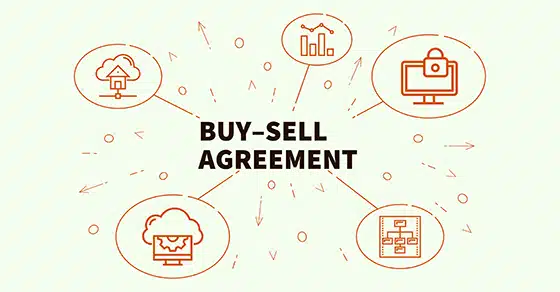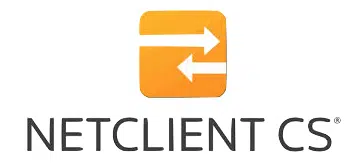If your business has co-owners, you probably need a buy-sell agreemen
August 19, 2024

Are you buying a business that will have one or more co-owners? Or do you already own one fitting that description? If so, consider installing a buy-sell agreement. A well-drafted agreement can do these valuable things:
- Transform your business ownership interest into a more liquid asset,
- Prevent unwanted ownership changes, and
- Avoid hassles with the IRS.
Agreement basics
There are two basic types of buy-sell agreements: Cross-purchase agreements and redemption agreements (sometimes called liquidation agreements).
A cross-purchase agreement is a contract between you and the other co-owners. Under the agreement, a withdrawing co-owner’s ownership interest must be purchased by the remaining co-owners if a triggering event, such as a death or disability, occurs.
A redemption agreement is a contract between the business entity and its co-owners (including you). Under the agreement, a withdrawing co-owner’s ownership interest must be purchased by the entity if a triggering event occurs.
Triggering events
You and the other co-owners specify the triggering events you want to include in your agreement. You’ll certainly want to include obvious events like death, disability and attainment of a stated retirement age. You can also include other events that you deem appropriate, such as divorce.
Valuation and payment terms
Make sure your buy-sell agreement stipulates an acceptable method for valuing the business ownership interests. Common valuation methods include using a fixed per-share price, an appraised fair market value figure, or a formula that sets the selling price as a multiple of earnings or cash flow.
Also ensure the agreement specifies how amounts will be paid out to withdrawing co-owners or their heirs under various triggering events.
Life insurance to fund the agreement
The death of a co-owner is perhaps the most common, and catastrophic, triggering event. You can use life insurance policies to form the financial backbone of your buy-sell agreement.
In the simplest case of a cross-purchase agreement between two co-owners, each co-owner purchases a life insurance policy on the other. If one co-owner dies, the surviving co-owner collects the insurance death benefit proceeds and uses them to buy out the deceased co-owner’s interest from the estate, surviving spouse or other heir(s). The insurance death benefit proceeds are free of any federal income tax, so long as the surviving co-owner is the original purchaser of the policy on the other co-owner.
However, a seemingly simple cross-purchase arrangement between more than two co-owners can get complicated, because each co-owner must buy life insurance policies on all the other co-owners. In this scenario, you may want to use a trust or partnership to buy and maintain one policy on each co-owner. Then, if a co-owner dies, the trust or partnership collects the death benefit proceeds tax-free and distributes the cash to the remaining co-owners. They then use the money to fund their buyout obligations under the cross-purchase agreement.
To fund a redemption buy-sell agreement, the business entity itself buys policies on the lives of all co-owners and then uses the death benefit proceeds buy out deceased co-owners.
Specify in your agreement that any buyout that isn’t funded with insurance death benefit proceeds will be paid out under a multi-year installment payment arrangement. This gives you (and any remaining co-owners) some breathing room to come up with the cash needed to fulfill your buyout obligation.
Create certainty for heirs
If you’re like many business co-owners, the value of your share of the business comprises a big percentage of your estate. Having a buy-sell agreement ensures that your ownership interest can be sold by your heir(s) under terms that you approved when you set it up. Also, the price set by a properly drafted agreement establishes the value of your ownership interest for federal estate tax purposes, thus avoiding possible IRS hassles.
As a co-owner of a valuable business, having a well-drafted buy-sell agreement in place is pretty much a no-brainer. It provides financial protection to you and your heir(s) as well as to your co-owners and their heirs. The agreement also avoids hassles with the IRS over estate taxes.
Buy-sell agreements aren’t DIY projects. Contact us about setting one up.
© 2024
LINKEDIN/FACEBOOK LINK POST (TO USE WITH A LINK TO THE FULL ARTICLE):
For most business co-owners, the value of their business shares comprises a big percentage of their estates. Having a buy-sell agreement protects co-owners and their heirs and helps avoid hassles with the IRS.
Click here to access the image to accompany any of the posts above. Typically, you won’t need to use the image in the post if you are linking to the full article and the image.





